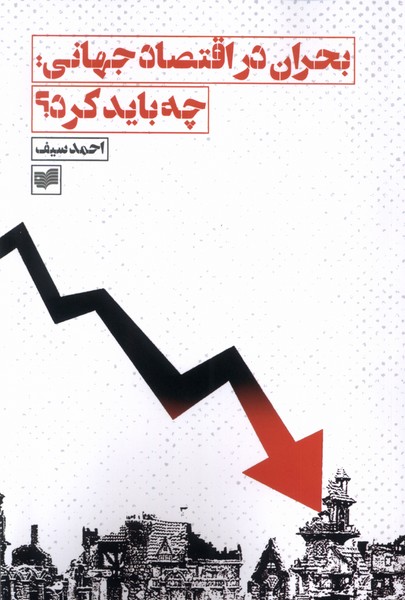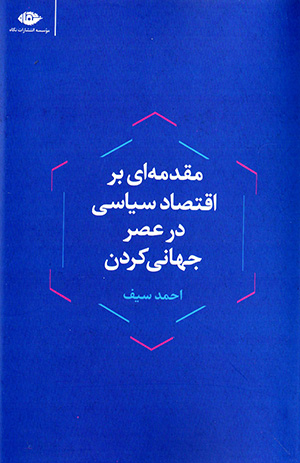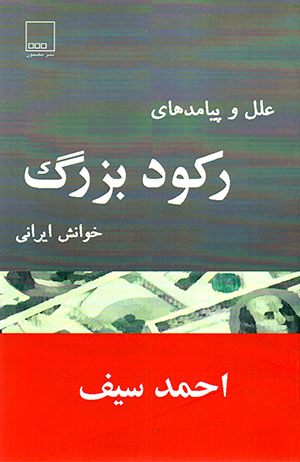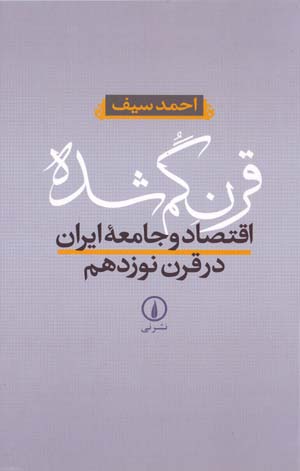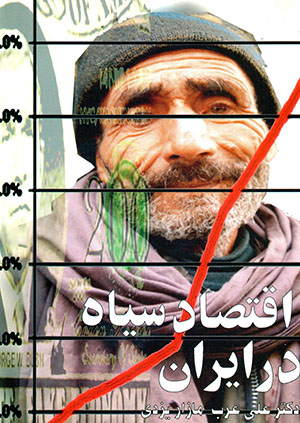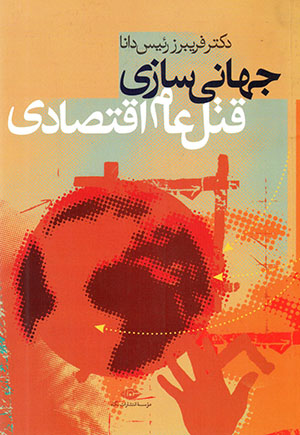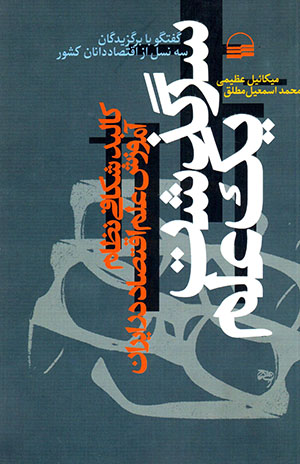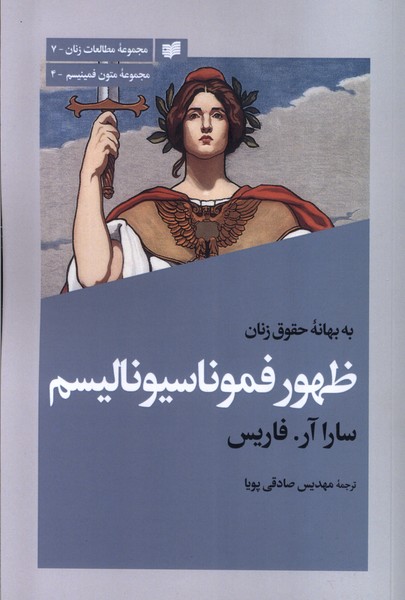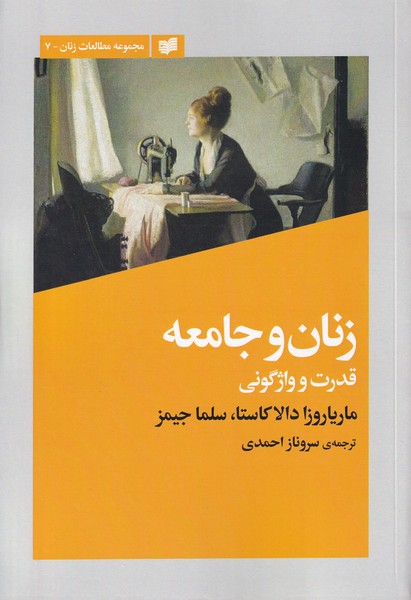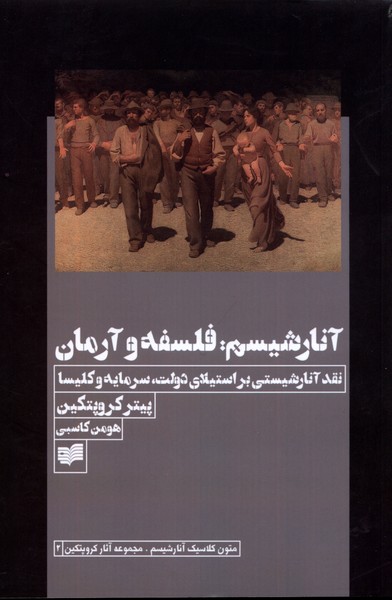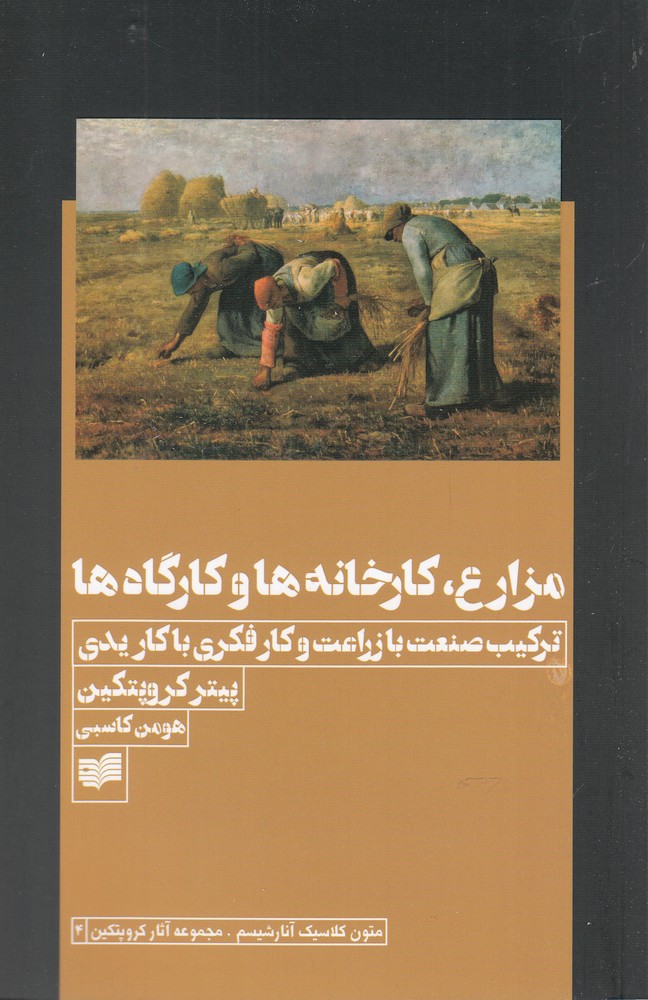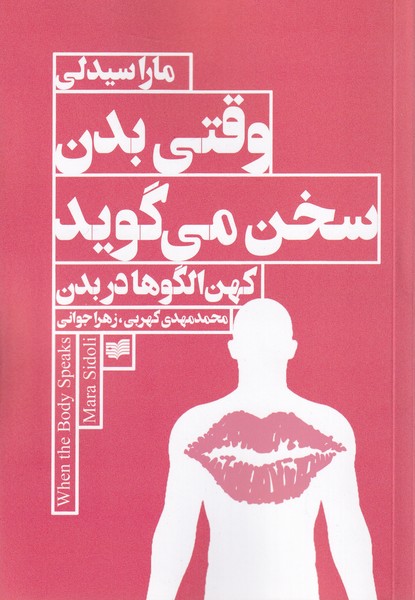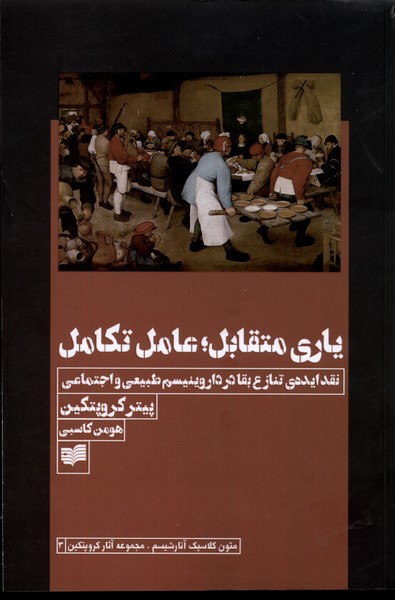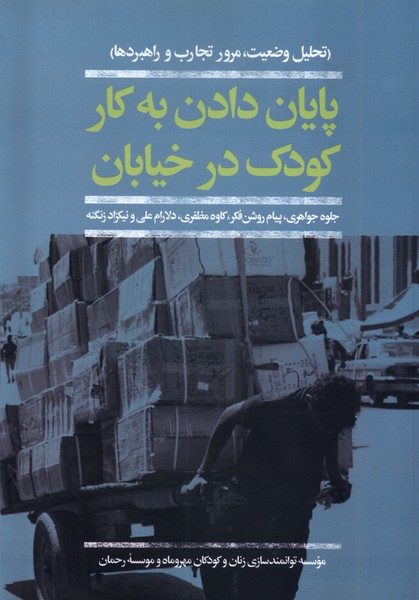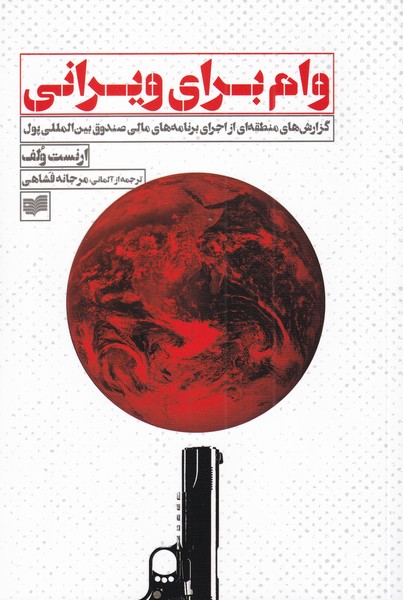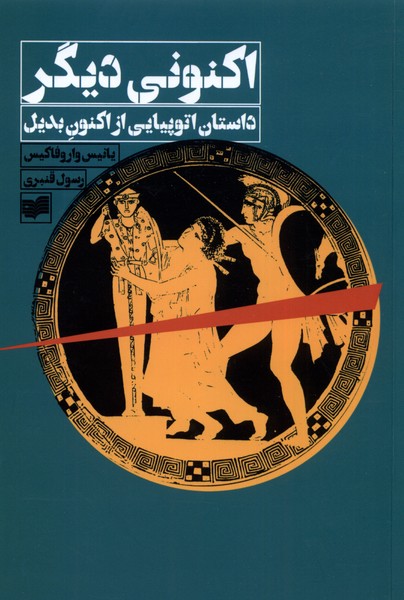بحران در اقتصاد جهانی؛ چه باید کرد؟ فارسی 1403
Buḥrān dar Iqtiṣād-i Jahānī; Chah Bāyad Kard?
12٫22 £
اشتراکگذاری
Wishlist
Fifteen years have passed since the great global financial crisis in 2008; Although the followers of the mainstream economy cleverly managed to convince themselves and others that the main problem was not the flawed economic model they adopted but the excesses of the majority who had borrowed more and more in response to their declining real incomes. After they failed to implement the main and sub-loans, nothing was left for the whole system to fail. The initial reaction to the crisis was the best expression of socialism for the rich, implemented in most countries. It came from the taxpayers' pockets. The losses of monetary and financial sector politicians were financed in the private sector and greatly increased the policy of economic austerity. It is neither strange nor ambiguous that the implementation of these destructive policies has left a positive result in a few countries.
more
پیش از پانزده سال از بحران مالی بزرگ جهانی در ۲0۰۸ گذشته است؛ اگرچه پیروان اقتصاد جریان رسمی با زیرکی و هوشمندی توانستند خود و دیگران را متقاعد کنند که مشکل اصلی نه الگوی معیوب اقتصادی مورد پذیرش آنها بلکه در زیاده خواهی اکثریتی بود که در عکس العمل به درآمدهای واقعی کاهش یابنده ی خویش بیشتر و بیشتر وام گرفته بودند و بعد که نتوانستند اصل و فرع وام ها را کارسازی کنند چیزی نمانده بود که کل نظام به گل بنشیند. عکس العمل اولیه به بحران بهترین بیان سوسیالیسم برای ثروتمندان بود که در اغلب کشورها به اجرا درآمد از کیسه ی مالیات دهندگان زیان های سیاست پردازان بخش پولی و مالی در بخش خصوصی تأمین مالی شد ولی مدت زمان زیادی نگذشت که ظاهراً برای کنترل بدهی دولت ها که به شدت افزایش یافته بود سیاست ریاضت اقتصادی را جهانی کردند. اینکه اجرای این سیاست های مخرب در کمتر کشوری دستاورد مثبتی به جا گذاشته است نه عجیب است و نه ابهامی دارد.
more

